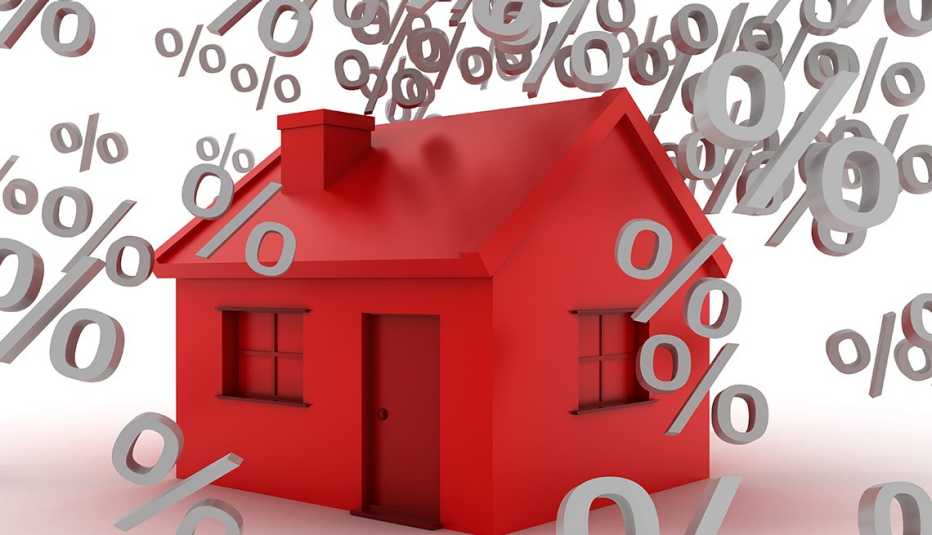Staying Fit
The longest bull market in history ended Wednesday, as the Dow Jones industrial average closed at 23,553.22, down 1,464.94 points, or 5.86 percent.
A bear market is a 20 percent decline from its highest point, and at the end of the trading day, the Dow was 20.3 percent below its Feb. 12 closing high of 29,551.42. At the start of the bull market in March 2009, the Dow stood at 7,114.78. For those who measure by the Standard & Poor's 500 stock index, the bull is clinging to life: It's down 19.04 percent from its peak.


AARP Membership— $12 for your first year when you sign up for Automatic Renewal
Get instant access to members-only products and hundreds of discounts, a free second membership, and a subscription to AARP the Magazine.
Wednesday's losses accelerated after health authorities declared the outbreak of COVID-19 a global pandemic and governments contemplated further measures to contain the novel virus. The stakes are rising as the World Health Organization, in making its pandemic declaration, cited “alarming levels of inaction” by governments in corralling the virus.
Besides worries about the virus and the U.S. government's ability to get something done for the economy, the market was also weighed down by a continued decline in oil prices, said Patrick Schaffer, global investment specialist at J.P.Morgan Private Bank. The price of a barrel of West Texas intermediate crude oil — the type generally used in the U.S. — fell more than 4 percent Wednesday.
"I want all retail investors to expect this environment will continue: sharp down days, sharp up days,” he said. “This feeling of whiplash that people feel probably continues for some period of time."
The coronavirus has hit many companies hard. United Airlines has lost more than a third of its value since Feb. 21, for example, as many people don't want to risk flying. Cruise lines have also been hard hit. Even Apple, which entered 2020 after making sharp gains, has shed nearly 6 percent since the beginning of the year as production of iPhones in China has been slower to ramp up than expected.
That's why many analysts say markets will continue to swing sharply until the number of new infections stops accelerating. In the United States, the number of cases has topped 1,000. Worldwide, more than 119,000 people have been infected, and over 4,200 have died.
"There's a real feeling that we don't know where this ends,” said Brad McMillan, chief investment officer for Commonwealth Financial Network.



































































